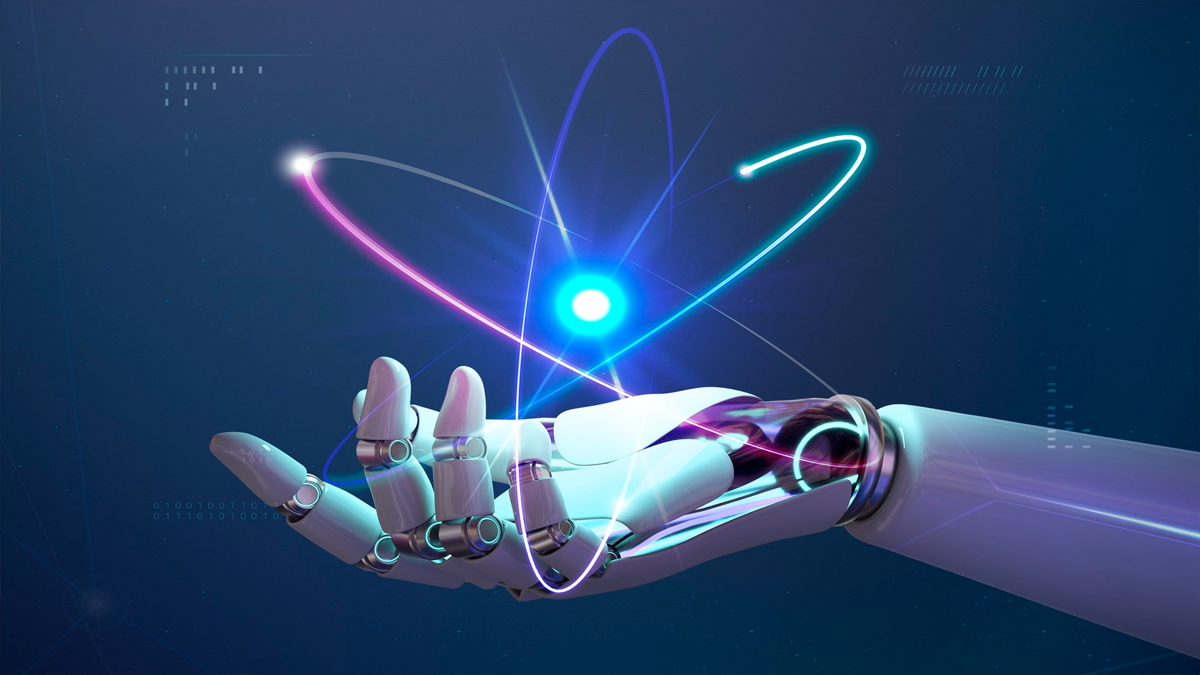With 2025 expected to bring more advancement in the Artificial Intelligence field, various AI models have already started to bring major changes, offering us a better interaction with our computer systems.
For example: Open AI is currently working on the release of new AI agents that can operate tasks on computer systems much better than before. Expected to double the computer efficiency these agents are under development and are expected to be released in January
According to a report by Bloomberg, a new AI agent called “Operator” can complete various tasks on the computer. Users just need to provide commands such as writing a code, booking, tickets, etc
So, what are these AI agents and how are they going to change task automation? Let us talk!!
What are AI agents?
AI agents are specialized AI models designed to handle specific tasks with precision. For instance, think of an AI laptop equipped with tools that mimic keystrokes, click buttons, or seamlessly navigate software interfaces. Open AI is bringing a new era of generative AI where users are much more free to interact with their systems.
Unlike broader, generalized AI systems, these agents focus on delivering highly efficient and accurate results for particular functionalities. This makes them incredibly fast and reliable, perfect for automating repetitive tasks and enhancing productivity in everyday use.
These agents go beyond conventional AI interactions like answering queries or providing suggestions. They have the capability to:
- Execute multi-step actions on a computer.
- Control applications through simulated user interactions.
- Automate complex workflows, including tasks like booking tickets or writing code.
What is Open AI’s “Operator Project”?
Open AI is developing a flagship AI agent named “Operator.” This project is part of the company’s broader initiative to create AI systems that perform tasks autonomously. Here’s what makes Operator stand out:
- Task Automation: The operator can handle complex tasks such as programming, data analysis, and administrative work. its capabilities extend to executing actions across web browsers, making it suitable for diverse operational contexts.
- User Interaction: It mimics human interactions with software, enabling smooth operation without extensive user intervention. This functionality aims to enhance productivity by allowing the AI to perform tasks autonomously while taking care of user preferences.
- Developer Integration: OpenAI plans to provide a native application programming interface (API) for developers, allowing them to integrate Operator into their software and apps.
How Do AI Agents Work?
AI agents like Operator function by integrating specialized knowledge bases with advanced Natural Language Processing capabilities. They analyze user commands, break them into actionable steps, and execute these steps directly on computer systems. For instance:
Task Parsing: A user might ask, “Book a flight to New York for January 15th.” The AI agent breaks this request into smaller tasks like accessing a travel website, inputting search parameters, and completing the booking.
System Interactions: The agent simulates user actions, such as clicking buttons, filling forms, or selecting options, all without needing manual input. It replicates processes like clicking on buttons, filling out required fields in online forms, scrolling through options, and selecting the most suitable choices.
Real-Time Adaptation: It can adapt to unexpected scenarios, such as handling errors during a process or refining its approach based on user feedback. They can refine their processes, ensuring continuous improvement and adaptability. Additionally, AI agents are equipped to incorporate user feedback, which enhances their learning curve and performance over time.
Major Applications of AI Agents
The introduction of AI agents opens up a wide range of possibilities across industries. Here are some potential applications:
Software Development: Writing, debugging, and optimizing code. AI agents also facilitate continuous integration and deployment (CI/CD) pipelines to enhance development workflows.
Customer Service: Automating responses to customer inquiries and resolving technical issues using step-by-step system diagnostics.
Healthcare: Managing patient records, and assisting in diagnostic processes by simulating complex medical software interactions.Enhancing Electronic Health Record (EHR) systems and aiding in clinical decision support through Predictive Analytics
E-Commerce: Streamlining order processing and inventory management, automating marketing campaigns and sales analysis. Utilizing AI for inventory optimization using demand forecasting models and deploying recommendation systems for personalized marketing. These agents also automate fraud detection through pattern recognition and anomaly analysis.
Education: Assisting in content creation for educators, and automating administrative tasks like scheduling and grading.
Looking Ahead: The New Era of Open AI
As the project “Operator” is all set to bring a revolution to generative market space, it will allow developers to explore its capabilities, paving the way for innovative applications across industries. Moreover, this release aligns with OpenAI’s broader mission to advance AI while ensuring its benefits are widely distributed. By making these agents accessible to developers, the company is fostering an ecosystem of innovation that could redefine human-computer interaction.










